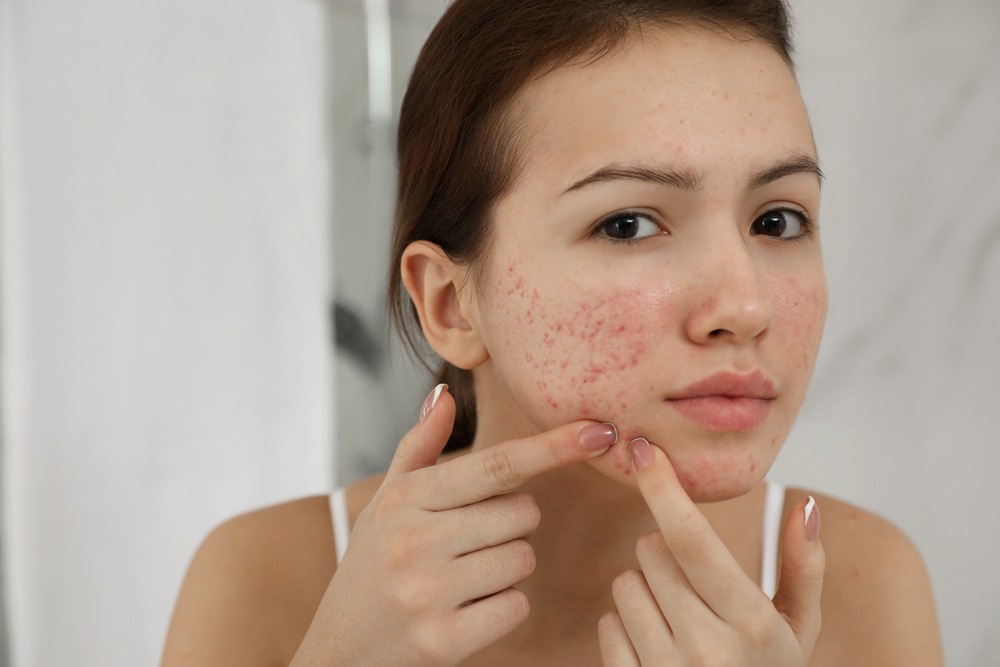
Acne is a skin condition that causes pimples and blackheads on the face, neck, chest, back, and upper arms. Acne is not contagious. Acne can be triggered by hormones, stress, certain foods (like chocolate), or irritating skin products.
Acne can be treated with various medications or topical treatments. The best treatments are those that are aimed at the root cause of acne rather than just treating symptoms.
The different types of acne:
Whiteheads
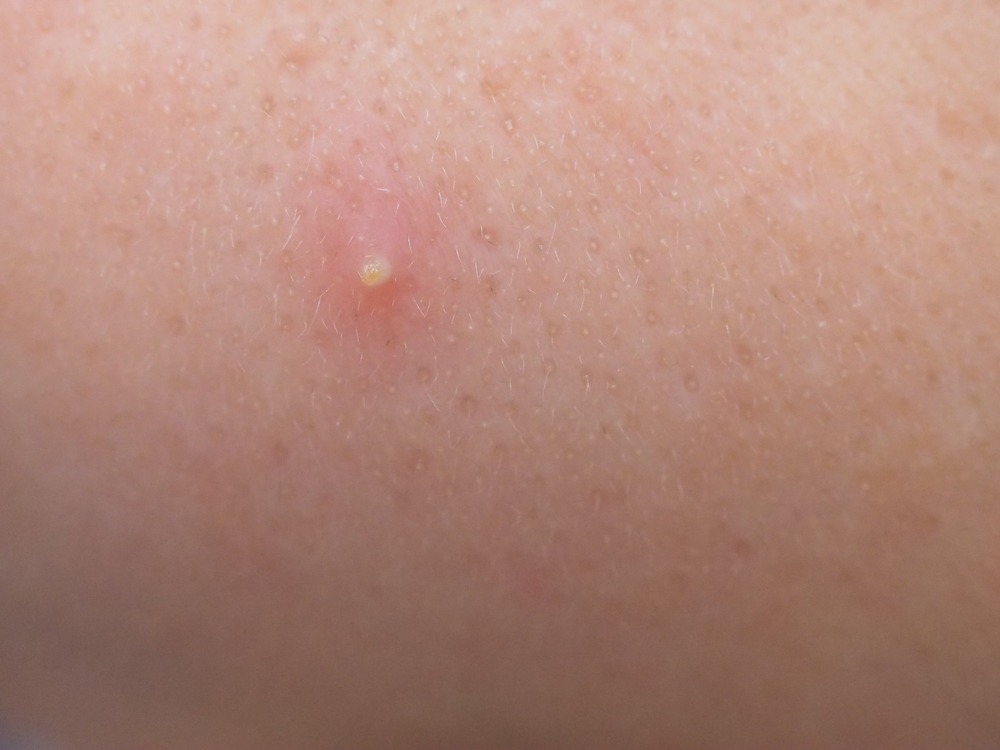
These are pustules that have not yet been exposed to air. They are white because they contain a mixture of sebum (skin oil) and dead skin cells.
Blackheads
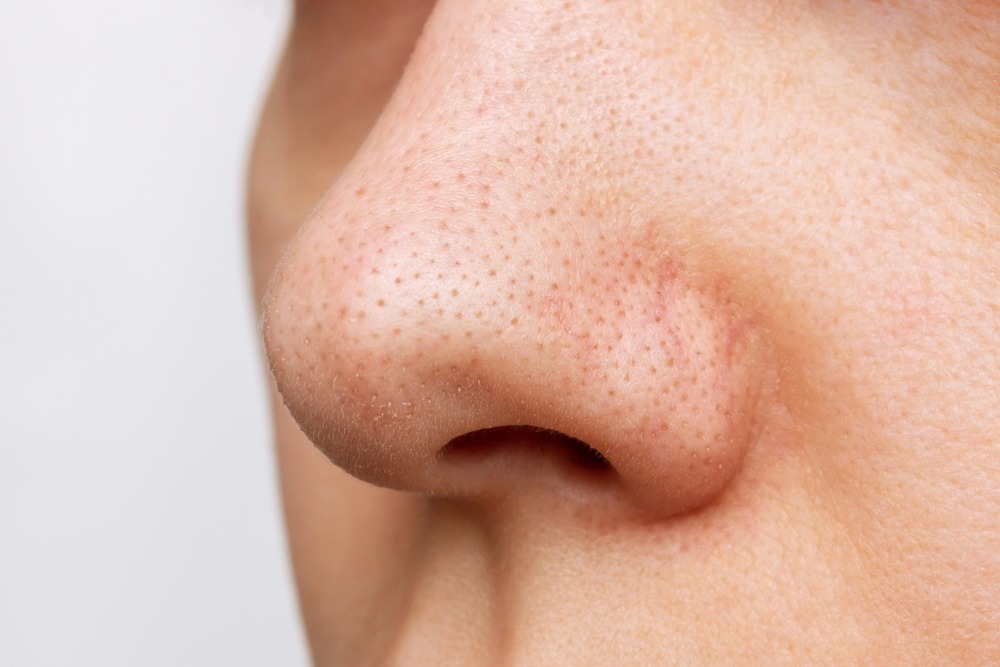
These are pustules that have been exposed to air and oxidized to produce a dark color. They contain just sebum (skin oil) but no dead skin cells.
Papules
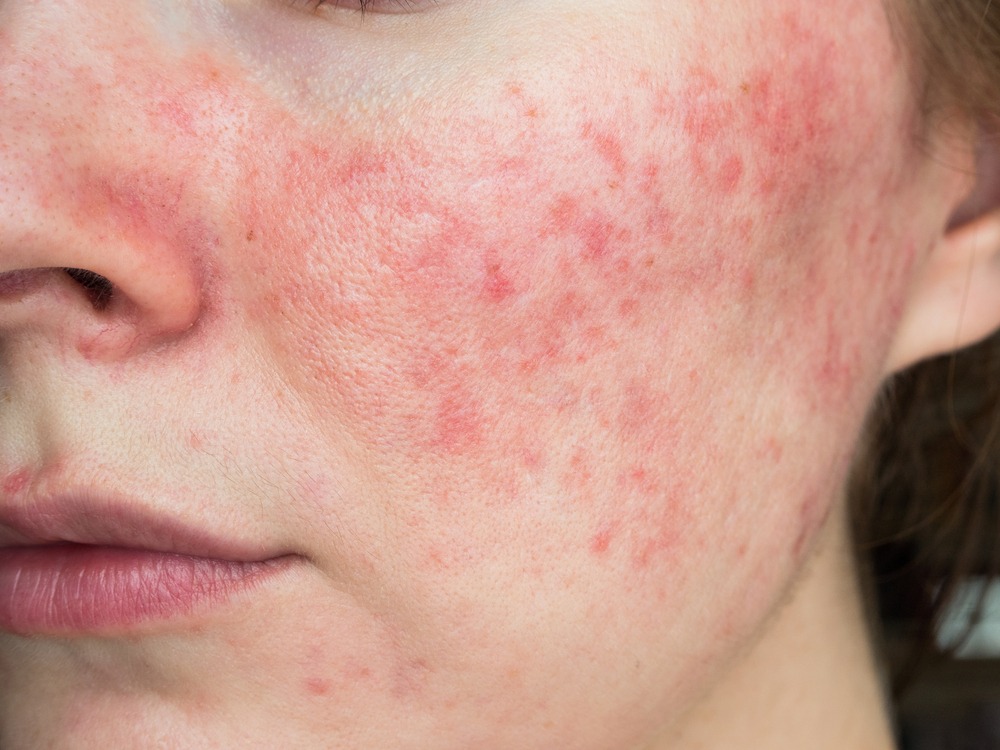
Papules are small, red bumps that may or may not itch. Most papules are benign but some can be precancerous. Papules may appear anywhere on the body, but are most common on the face, neck, chest, and arms. Papules are most commonly caused by skin irritations, such as sun exposure, dry skin, and pollution.
Pustules
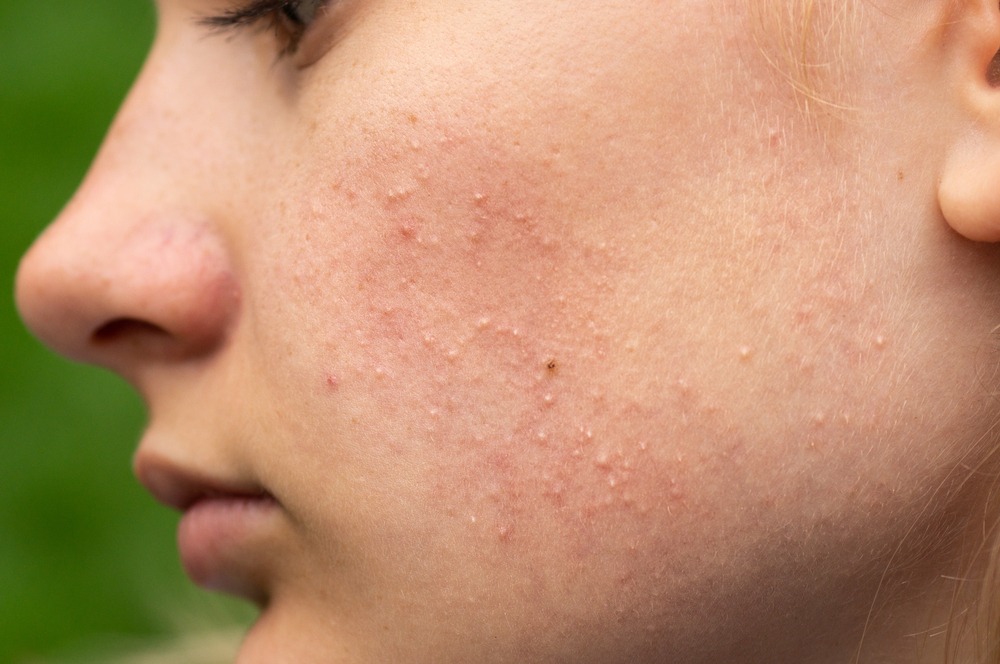
These are red bumps which contain pus with or without other fluids like blood or serum from the body’s immune system).
They can be found on the skin anywhere, but are most commonly found on the neck, chest, arms, and trunk. They are not cancer and will not spread to other parts of the body.
10 Natural Remedies For Treating Acne:
There are many natural remedies for acne that can be used at home. Some of the most popular include:
Tea tree oil
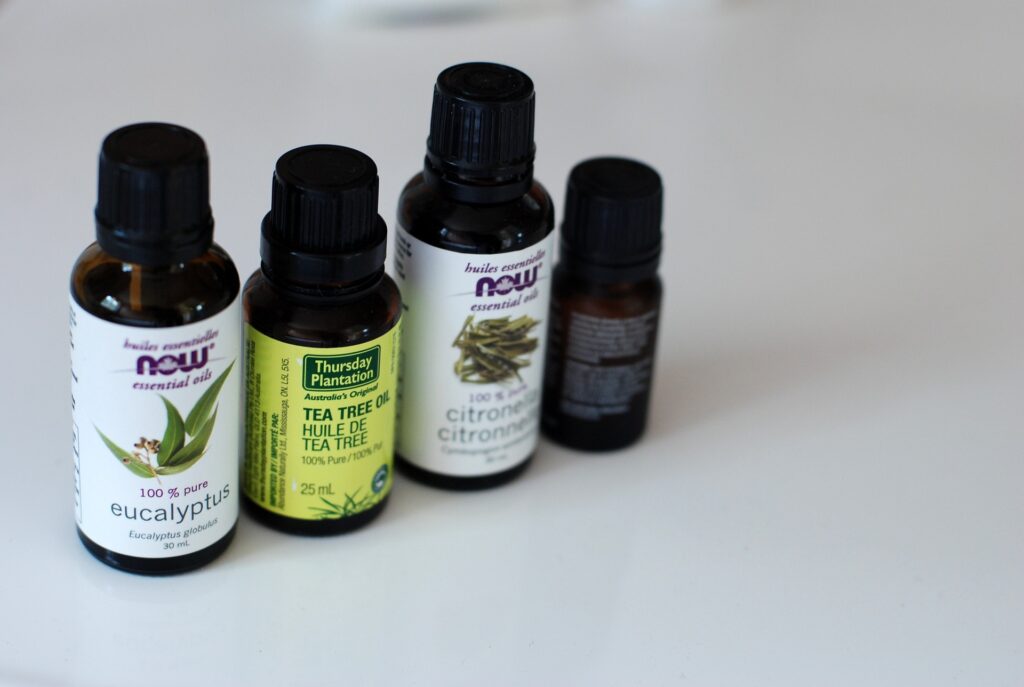
Tea tree oil is a natural remedy that can be used to treat acne. It has been used for centuries to treat a variety of skin conditions, and it can be applied topically to the skin to help clear up acne and prevent future breakouts.
Castor oil
Castor oil is a vegetable oil obtained from the castor plant. It has been used in many cultures for its medicinal properties. It can be applied topically to improve skin health and acne symptoms.
It works by reducing inflammation, killing bacteria and improving circulation to the skin cells. The antioxidants in castor oil are able to penetrate deep into the skin cells and help fight free radicals which cause cell damage.
Olive oil
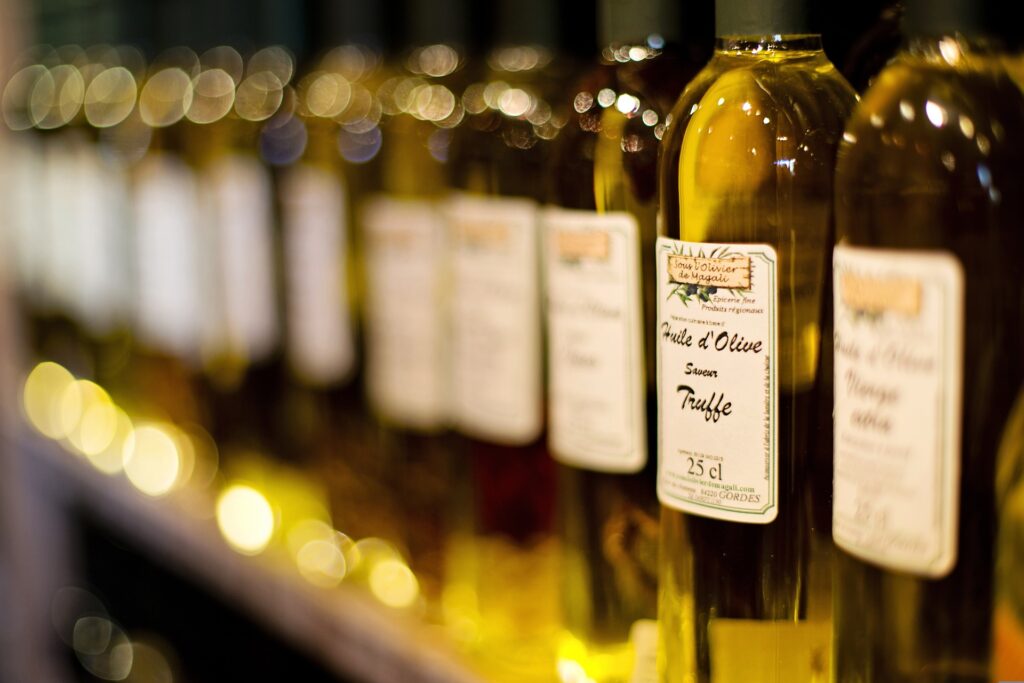
Olive oil is also a natural remedy that can be used to treat acne. It can help treat acne because it is high in monounsaturated fats and antioxidants. Some people also say that olive oil can help reduce the inflammation that is associated with acne.
EGCG (Epigallocatechin Gallate)
EGCG is a natural compound found in green tea that has been shown to be effective in treating acne. One study found that EGCG was able to reduce the amount of sebum produced by the skin, which in turn reduced the number of acne lesions.
Lemon juice
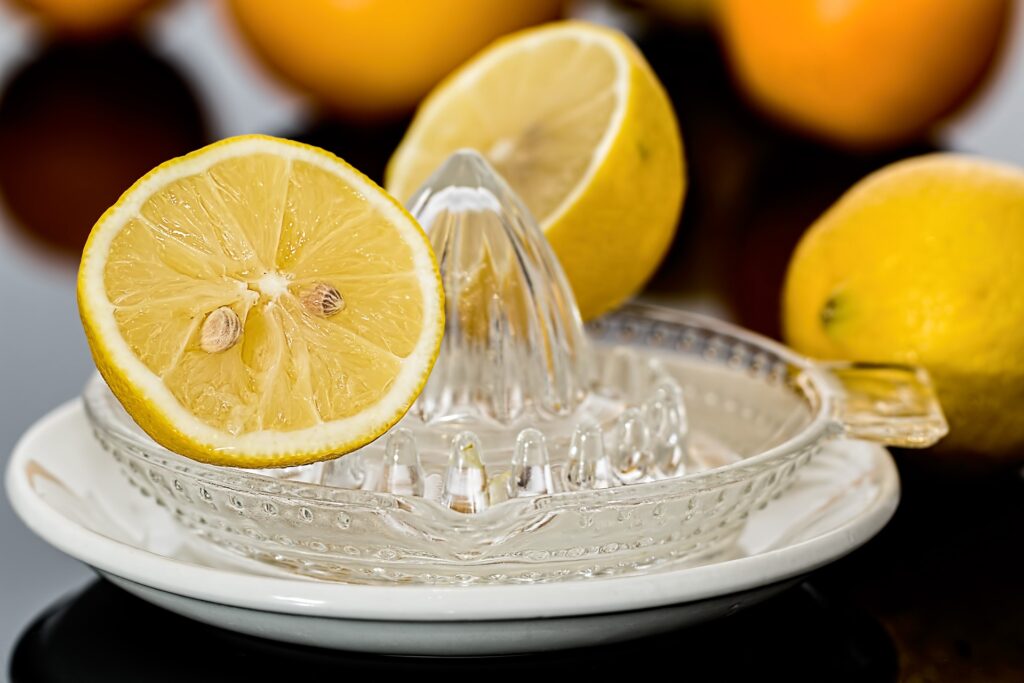
Lemon juice is a natural ingredient that can be used to treat acne. It has antibacterial properties that can help reduce the redness and swelling of the skin caused by acne.
It is important to remember that lemon juice is acidic, so it will dry out your skin. Make sure you moisturize after applying lemon juice to your skin.
Baking soda
One study found that using a cleanser containing baking soda was able to reduce the number of acne lesions by 50%. Simply mix one part baking soda to three parts water and use it to clean your skin.
Cucumber
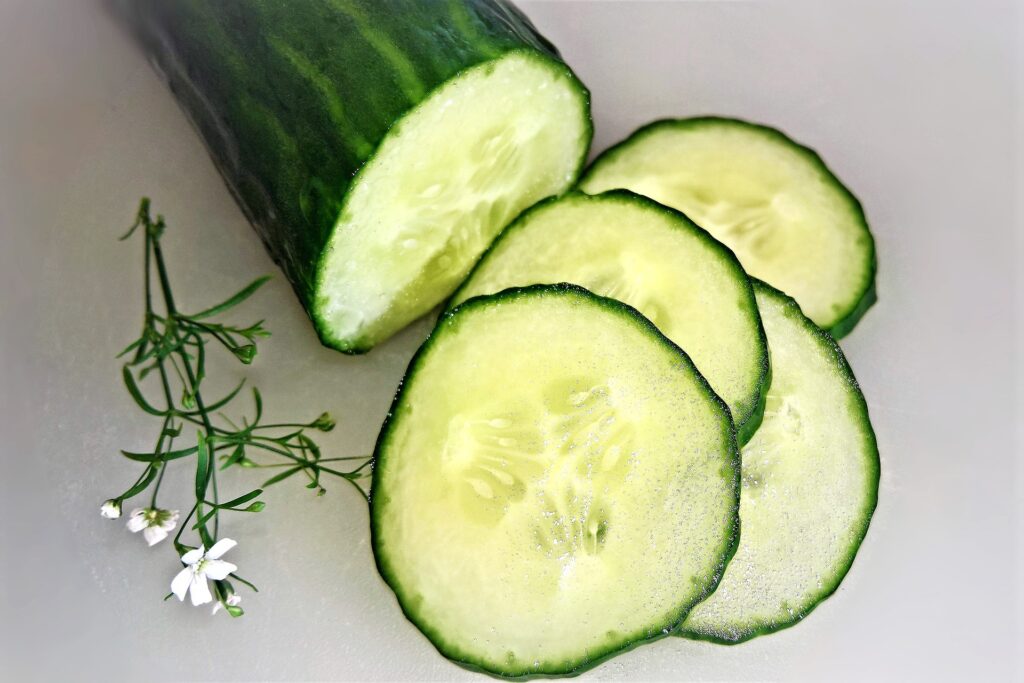
One study found that applying a cucumber mask to the skin was effective in reducing the number of acne lesions. Simply slice a cucumber and apply it to the skin in a thin layer. Leave the mask on for 20 minutes and rinse off.
Garlic
Garlic is a natural remedy for acne that is often used as a dietary supplement. Garlic is an effective agent for treating acne because it is a natural anti-inflammatory.
Coconut oil
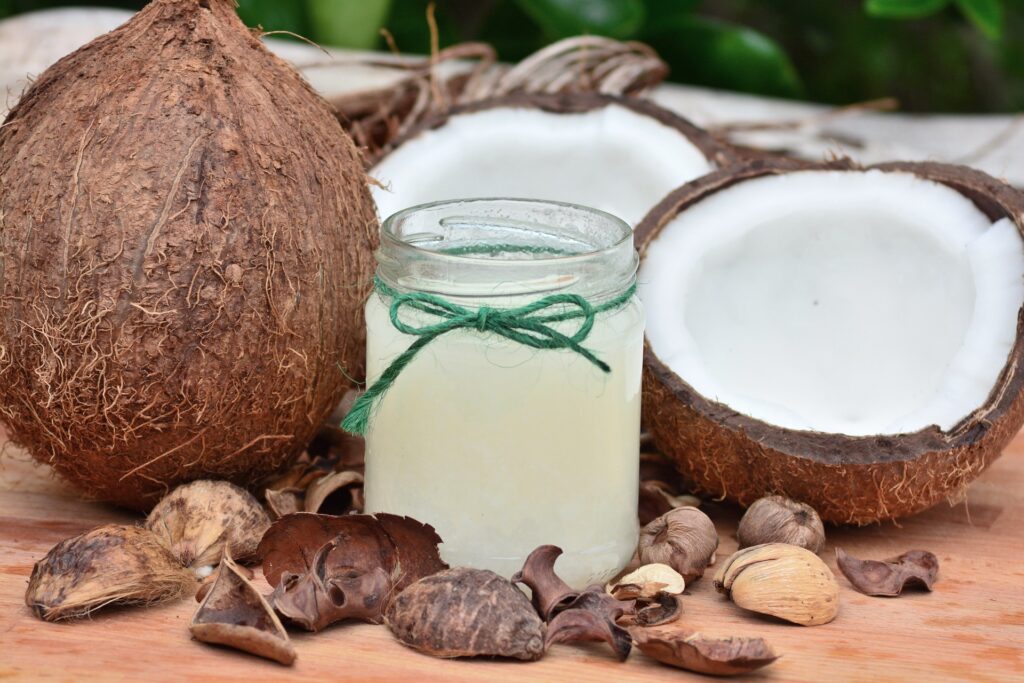
Coconut oil is a natural remedy for acne that is often used as a topical treatment. Coconut oil is an effective agent for treating acne because it is a natural antibacterial.
Apple Cider Vinegar
Apple cider vinegar is a natural astringent that can be used to treat acne. Apply a diluted solution to the skin and massage into the skin. Leave on for 10-15 minutes and then rinse off.
Conclusion
There are a few things that you can do to maintain clear skin without much effort. Some of these include using a good skin care routine, avoiding harsh chemicals, and getting regular check-ups.
- Use a Good Skin Care Routine: a good skin care routine includes using a toner, serum, moisturizer, and sunscreen. Make sure to use a variety of products to cover all of your skin needs.
- Avoid Harsh Chemicals: harsh chemicals can damage your skin, so avoid using them as much as possible. Instead, try using natural products that will help keep your skin healthy.
- Get Regular Check-Ups: regular check-ups are a great way to check for signs of skin damage and to get tips on how to maintain clear skin. Your dermatologist can also recommend treatments if you need them.
Warning !
We don’t give any medical advice, diagnosis, or treatment. Consult with your physician or seek medical attention before making any health or food-related decisions.
This article is about some simple general health or food tips that you can find everywhere on the internet, not about some deep professional advice.





















